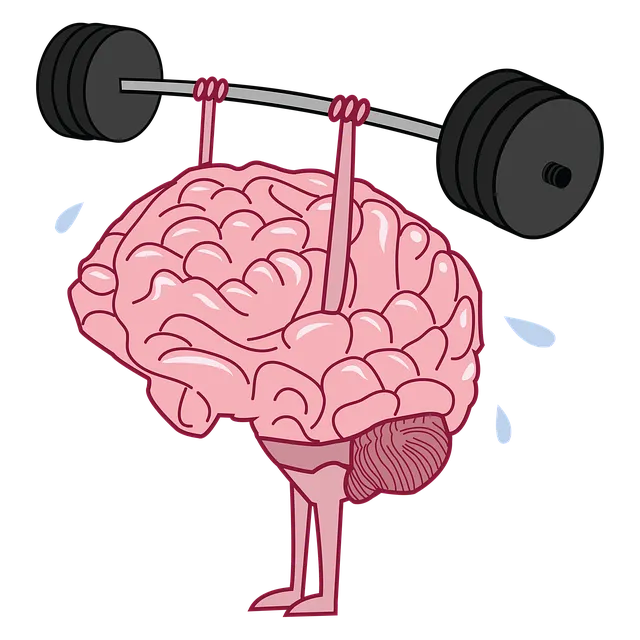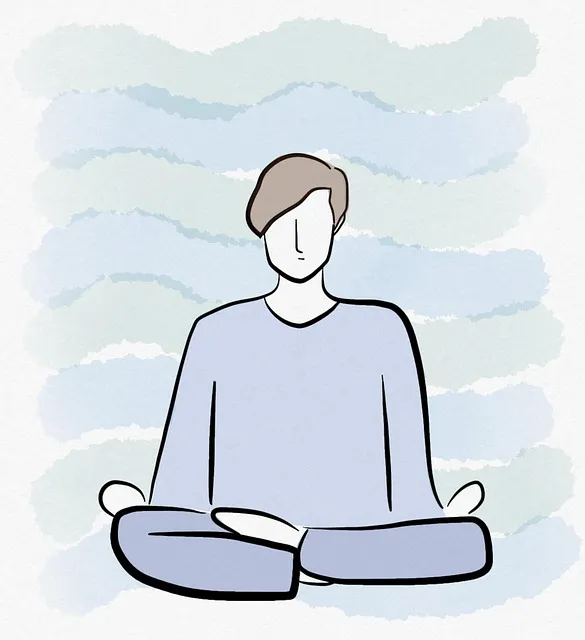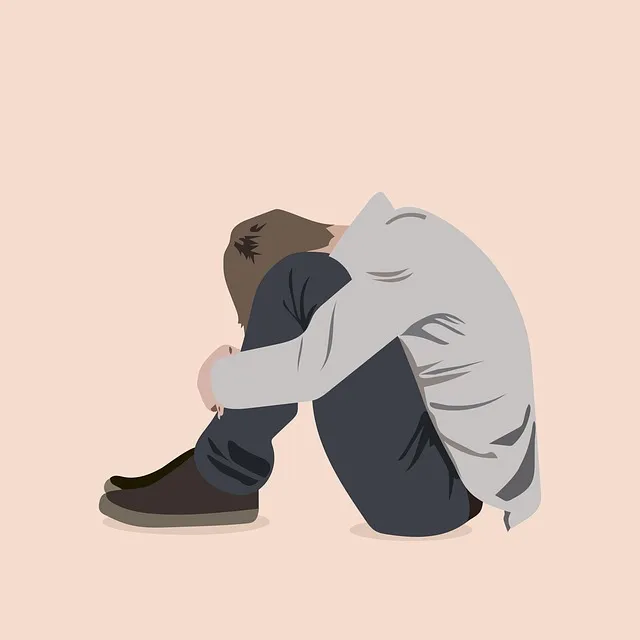Stigma around mental health prevents many from seeking support, leading to worse outcomes. Louisville Kaiser Permanente (LKP) and Norcal communities are breaking down barriers through education, accessible resources like the LKP mental health phone line, workshops, open dialogues, and digital platforms. They prioritize non-judgmental care, conflict resolution training for staff, and empowerment through mental wellness coaching, creating supportive environments that reduce stigma and encourage early treatment. Personal stories shared by individuals with mental illness further challenge societal perceptions and promote empathy, inspiring hope and well-being.
Mental illness stigma remains a significant barrier to seeking help, often keeping individuals from receiving the support and treatment they need. This article explores various efforts aimed at reducing this stigma, focusing on unique initiatives by Louisville Kaiser Permanente and the empowering role of education and awareness in Norcal communities. We delve into supportive services that foster open dialogue and share success stories of those who have overcome stigma through shared experiences, highlighting resources available through Louisville Kaiser Permanente mental health phone number and Norcal-based programs.
- Understanding Stigma: Barriers to Seeking Help
- Louisville Kaiser Permanente's Approach: Breaking Down Stigma
- The Role of Education and Awareness in Norcal Communities
- Supportive Services: A Network for Mental Health
- Success Stories: Overcoming Stigma Through Shared Experiences
Understanding Stigma: Barriers to Seeking Help

Understanding stigma is a crucial step in reducing barriers to seeking help. Many individuals suffering from mental illness avoid reaching out for support due to societal perceptions and negative stereotypes. This internalized shame and fear of judgment often lead to delayed treatment, exacerbating existing symptoms. Stigma can manifest as whispered comments, social isolation, or even systemic barriers like limited access to healthcare services, particularly in areas like Louisville (Louisville Kaiser Permanente mental health phone number) or Northern California (Norcal).
Addressing these issues requires a multi-faceted approach. Mental health education programs designed with an emphasis on reducing stigma can empower individuals to recognize and challenge negative beliefs. Moreover, promoting conflict resolution techniques among healthcare professionals can foster supportive environments, encouraging patients to seek help without fear of judgment. In light of these efforts, a comprehensive risk assessment for mental health professionals becomes essential, ensuring they are equipped to handle complex situations with empathy and understanding.
Louisville Kaiser Permanente's Approach: Breaking Down Stigma

Louisville Kaiser Permanente has made significant strides in stigma reduction through innovative initiatives. They’ve recognized that breaking down mental health barriers begins with accessible and non-judgmental support. Their dedicated mental health phone line, serving Norcal (North California) regions, offers confidential guidance, a crucial first step for many seeking help. This service is part of their broader Mental Wellness Podcast Series Production, where experts share valuable insights on various mental health topics, fostering open conversations.
By promoting Mind Over Matter Principles and encouraging practices like Mindfulness Meditation, Kaiser Permanente empowers individuals to take charge of their mental wellness. These strategies, combined with their accessible phone line, create an environment where individuals feel comfortable discussing their experiences, reducing the isolation often associated with mental illness, and paving the way for more effective support and treatment.
The Role of Education and Awareness in Norcal Communities

In Norcal communities, the role of education and awareness is pivotal in the ongoing effort to reduce stigma surrounding mental illness. By fostering open dialogues about mental health, local initiatives aim to normalize conversations that were once considered taboo. Louisville Kaiser Permanente’s dedicated mental health phone line serves as a crucial resource, providing easy access to support for residents seeking assistance or guidance. Through educational programs and workshops, community members gain insights into various aspects of emotional intelligence and learn effective emotional well-being promotion techniques. These initiatives not only help in early identification of mental health issues but also equip individuals with tools for mood management, thereby fostering a more inclusive and supportive environment.
The collective efforts to raise awareness involve schools, healthcare providers, community organizations, and local businesses, all working collaboratively to dispel myths and misconceptions about mental illness. By integrating emotional intelligence into the broader discourse on mental health, Norcal communities are taking proactive steps towards destigmatization. This includes leveraging modern communication channels and digital platforms to reach a wider audience, ensuring that resources like the Louisville Kaiser Permanente mental health phone number are easily accessible to those in need.
Supportive Services: A Network for Mental Health

Louisville Kaiser Permanente offers a robust network of supportive services tailored for mental health management. This includes a dedicated phone line, easily accessible through the norcal region, where individuals can reach out for confidential support and guidance. The service is designed to be a first point of contact, providing immediate assistance and connecting users with appropriate resources based on their needs. Beyond this direct support, Kaiser Permanente actively engages in community outreach programs that foster open dialogue about mental health issues.
Through these initiatives, the organization aims to implement effective conflict resolution techniques and emotional regulation strategies, reducing the stigma associated with mental illness. By creating a supportive environment both within their walls and in the broader community, Kaiser Permanente encourages individuals to seek help without fear of judgment, promoting overall well-being for all.
Success Stories: Overcoming Stigma Through Shared Experiences

Many individuals with mental illness have inspired others by sharing their journeys and stories, becoming powerful advocates for stigma reduction. One such example is the growing movement of people opening up about their struggles to raise awareness and encourage understanding. In communities like Louisville and Norcal, where Kaiser Permanente offers dedicated mental health support services, these personal narratives are making a significant impact. By speaking openly, individuals are breaking down barriers and challenging societal perceptions.
This act of sharing experiences has led to increased empathy and support for those facing similar challenges. Success stories circulating within these communities inspire hope and offer validation to others, demonstrating that recovery and resilience are achievable. Such initiatives also contribute to the development of Burnout Prevention Strategies for Healthcare Providers, as it fosters a culture where mental wellness is prioritized. Additionally, it paves the way for the implementation of Mental Wellness Coaching Programs to assist those struggling with burnout and promote overall well-being.
Mental illness stigma reduction is a collective effort that requires understanding, education, and supportive services. As seen through Louisville Kaiser Permanente’s innovative approach and the success stories shared, breaking down stigma can significantly improve access to care. In Norcal communities, ongoing awareness campaigns alongside accessible resources like the Louisville Kaiser Permanente mental health phone number play a crucial role in fostering an environment where individuals feel comfortable seeking help without fear of judgment. By continuing these efforts, we can create a tapestry of support that enhances mental well-being for all.






